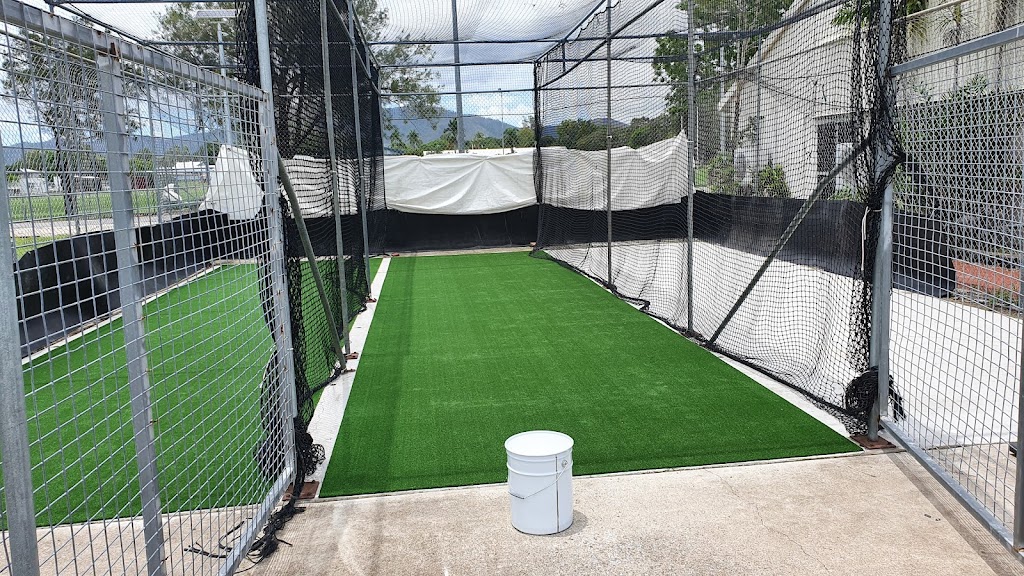More from maccasgrasses maccasgrasses
More in Politics
Related Blogs
Archives
Social Share
What do you need to know before you opt for artificial grass?
Body
Artificial Turf Grass grass is a grass substitute, a durable fibre composed of nylon, polyethylene, or polypropylene. Most artificial grass companies design synthetic Turf to endure the elements. It’s heat and cold resistant and UV stable, which means it won't fade in the sun.

Generally, people use Artificial Grass Landscaping for sports fields; however, it is far more adaptable! You can see Turf on flooring in gyms, doggie daycares, playgrounds, putting greens and synthetic turf is even used for child care centres.
Artificial grass comes in rolls, tiles, and rugs with trends showing it is definitely increasing in popularity. Is Synthetic Grass Better Than Real Grass?
Artificial grass is better than natural grass in terms of the maintenance required. It doesn't require watering, mowing, or trimming, which saves you time and money in the long run. It also does not attract flies or other pests, and you don’t find any mud or dirt tracked into your home by accident.
As synthetic grass is created from plastic, natural grass may be advantageous for the people who give importance to sustainability. Fortunately, many suppliers, such as Maccas Grasses, offer artificial lawn that is produced from recycled materials. It's also worth noting that artificial grass doesn't require watering, saving hundreds of litres of water each year.
Why Should You Use Synthetic Grass?
Fake grass for childcare centres is becoming increasingly popular due to its aesthetics and long-lasting materials. However, those aren't the only advantages.
Here are some additional compelling reasons for artificial grass installation.
No bugs: Artificial Turf isn't as appealing to outdoor pests as natural Turf.
It means that bugs and other creepy crawlies will leave and take their annoyances with them.
No watering: Save money on your water bill and avoid muddy areas on your lawn by not watering it. It's not required for fake Turf!
Forever Green: Say goodbye to unsightly brown spots, dead winter patches, and wilted lawns during droughts. Everywhere you look, there's lush foliage.
No mowing: Isn't it correct that lawn care is a significant pain? Artificial turf does not need mowing. You can spend your valuable time doing more enjoyable activities.
Long-term investments: Yes, the upfront costs are more than natural grass. On the other hand, Artificial Turf will save you a lot of money in the long run by lowering your water bills and eliminating the need for a lawnmower.
Appearance: Artificial grass blades have improved and now closely mimic natural grass species in appearance and texture. You will find it challenging to tell the difference between real and artificial grass
So, installing Artificial Lawn/ Grass with the help of professionals is worth the money and produces pleasing home aesthetics.
Is Synthetic Grass Harmful?
Generally, synthetic grass is available with non-toxic nylon or plastic materials that are safe for pets and children. People might have objections regarding crumb rubber infill for sports fields. However, after testing, it is clear that recycled rubber is not a carcinogen.
Furthermore, it is unnecessary to utilise the crumb rubber as a first choice! You have a lot of alternatives to it.
Is Synthetic Grass Harmful to the Environment?
Artificial grass is environmentally friendly in a variety of ways. It is environmentally friendly because it conserves water and does not require mowing. Professionals can use recycled materials in many lawn products.
Artificial Turf, on the other hand, isn't entirely sustainable. Petroleum-based plastic turf is available in the market that is not biodegradable. However, you can also find synthetic grass made from recycled plastic (available through maccasgrasses.com.au)
What is Artificial Turf Face Weight?
The weight of artificial grass equals the weight of one square metre of turf. So, densely packed fibres with a heavy-duty backing are better for a higher face weight.
What is Artificial Grass Infill?
Professionals use a filler material to weigh down turf and straighten up the grass blades. This part plays a vital role in the process of artificial grass installation as it also protects the lower layer of your turf. t is essential to choose it carefully.
You can choose a rubber crumb as an infill material, but there are various options. It ultimately depends on your purpose, for example, rubber crumb creates a springier base and is useful in sporting applications. Seeking the advice of professionals is a wise choice as they can recommend the best-fitted infill material for the synthetic turf installation at your home.












Comments